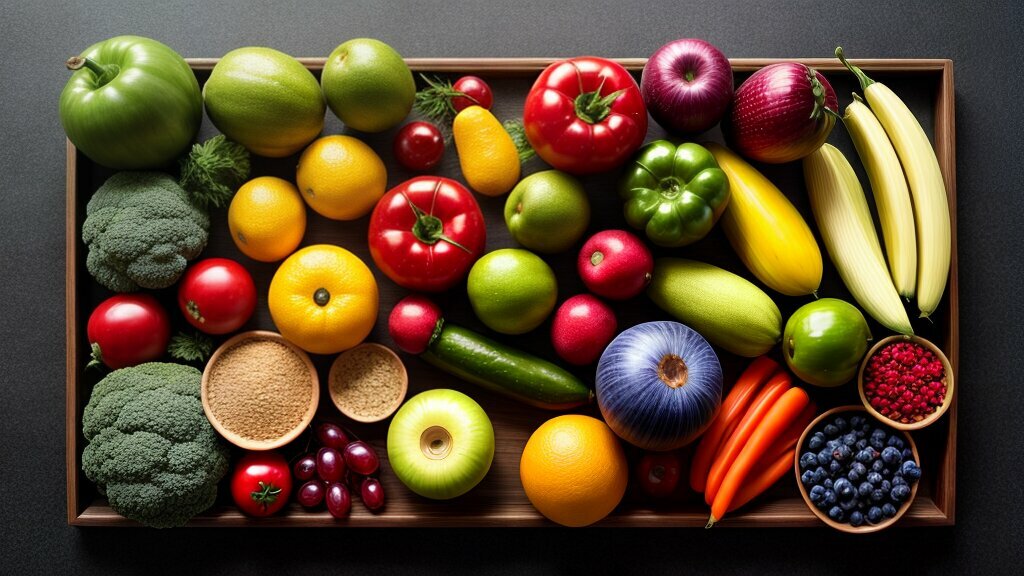Welcome to the world of nutrient-dense meals! If you’re looking for a healthier diet, you’ve come to the right place. Nutrient-dense meals are a great way to get all the essential vitamins, minerals, and nutrients your body needs for optimal health.
A healthy diet is crucial to maintain a balanced nutrition and overall well-being. Consuming nutrient-dense meals provides your body with the right amount of energy and nutrients it needs to function at its best. Eating a variety of nutrient-dense meals can help you feel more energetic, improve your immune system, and reduce your risk of chronic diseases.
Key Takeaways:
- Nutrient-dense meals are an essential part of a healthy diet
- Eating a variety of nutrient-dense meals can improve your overall well-being
- Nutrient-dense meals provide your body with the essential vitamins, minerals, and nutrients it needs to function at its best
The Power of Nutrient-Dense Meals
When it comes to maintaining a healthy diet, nutrient-dense meals are your best bet. This means incorporating high-quality ingredients that pack in a lot of essential nutrients and energy. By focusing on nutrient-dense meals, you can ensure that your body is getting the vitamins and minerals it needs to function at its best.
Nutrient-dense meals can take many forms, from colourful salads to hearty soups to protein-packed stir-fries. The key is to use ingredients that are rich in nutrients, such as leafy greens, whole grains, lean proteins, and healthy fats. By combining these ingredients in creative ways, you can create meals that are both delicious and nourishing.
The Benefits of Nutrient-Dense Meals
The benefits of nutrient-dense meals are many. By consuming a balanced diet that is rich in essential nutrients, you can:
- Improve your energy levels
- Maintain a healthy weight
- Lower your risk of chronic diseases such as diabetes and heart disease
- Boost your immune system
Overall, nutrient-dense meals can help you feel your best and promote long-term health and wellness.
So, what are some examples of nutrient-dense meals? Here are a few ideas to get you started:
| Meal | Ingredients | Nutritional Benefits |
|---|---|---|
| Spinach and Mushroom Omelette | Spinach, mushrooms, eggs, cheese | High in protein, vitamin D, and iron |
| Quinoa Salad | Quinoa, mixed greens, cherry tomatoes, avocado, grilled chicken | Loaded with antioxidants, fiber, and healthy fats |
| Salmon and Broccoli Stir-fry | Salmon, broccoli, brown rice, cashews, soy sauce | Rich in omega-3 fatty acids, protein, and vitamin C |
Incorporating nutrient-dense meals into your diet doesn’t have to be complicated. With a little creativity and some high-quality ingredients, you can create nourishing meals that support your overall health and wellness.
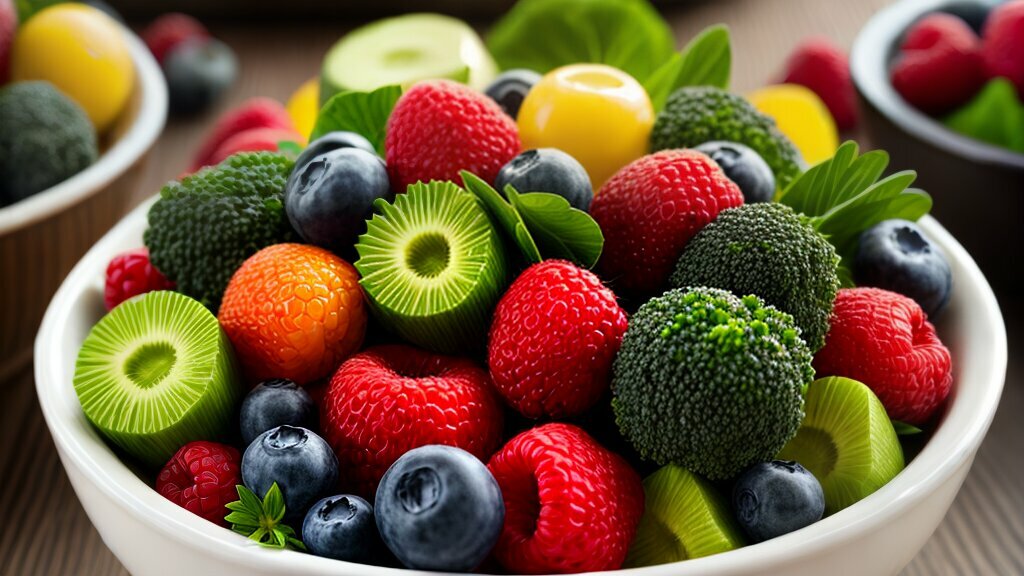
Creating Wholesome Nutrient-Dense Recipes
To incorporate nutrient-dense meals into your lifestyle, it is essential to focus on clean eating principles and wholesome ingredients. When creating nutrient-dense recipes, aim to use fresh, minimally processed foods that are rich in vitamins and minerals. Consider incorporating ingredients such as leafy greens, cruciferous vegetables, berries, nuts, seeds, and whole grains.
One way to ensure you are consuming a wide range of nutrients is to eat a variety of colours – aim to include fruits and vegetables of different colours in your meals. Dark leafy greens, such as kale and spinach, are particularly nutrient-dense and can be easily incorporated into salads or smoothies. Berries, such as blueberries and raspberries, are also packed with antioxidants and are a great addition to breakfast bowls or yoghurt parfaits.
| Ingredient | Nutritional Benefits |
|---|---|
| Kale | high in vitamins A, C, and K; good source of calcium |
| Salmon | rich in omega-3 fatty acids and vitamin D |
| Quinoa | high in protein and fibre; contains several vitamins and minerals |
| Avocado | rich in healthy fats and potassium |
Incorporating nutrient-dense ingredients into your cooking can also be simple. For example, try adding spinach or kale to your pasta sauce or using quinoa instead of rice in your stir-fry. Avocado makes a great addition to smoothies or can be used as a healthy substitute for mayo in sandwiches or salads.
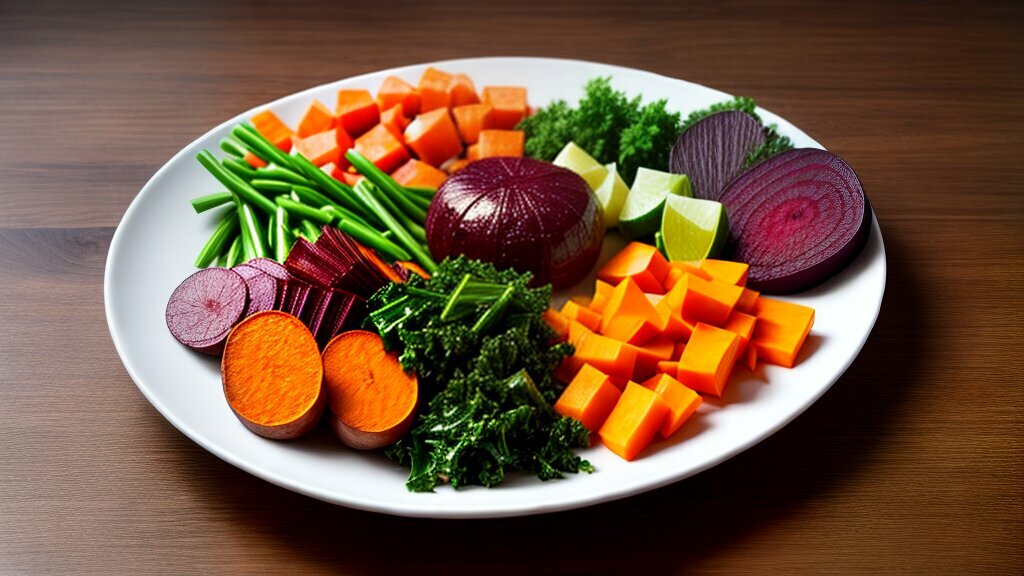
By creating nourishing meals that are packed with vitamins and minerals, you can support your overall health and well-being. Remember to focus on variety and incorporate different nutrient-dense ingredients into your meals to ensure you are meeting your body’s needs.
Nutrient-Dense Meal Ideas for Every Occasion
Are you looking for some inspiration to incorporate nutrient-dense meals into your daily routine? Here are some ideas for breakfast, lunch, dinner, and snacks that will keep you energized and satisfied throughout the day:
| Meal | Idea |
|---|---|
| Breakfast | Quinoa breakfast bowl with berries, nuts, and Greek yogurt. This bowl is packed with protein, fiber, and antioxidants to start your day off right. |
| Lunch | Salmon salad with mixed greens, avocado, and a lemon vinaigrette. This salad is a perfect balance of healthy fats, protein, and leafy greens. |
| Dinner | Grilled chicken with roasted vegetables and a side of quinoa. This meal provides a well-rounded mix of protein, complex carbohydrates, and vegetables to keep you satisfied and full. |
| Snacks | Apple slices with almond butter. This snack is a great combination of fiber and protein that will keep you going until your next meal. |
Remember, variety is key when it comes to nutrient-dense meals. Don’t be afraid to try new recipes and ingredients to keep your meals interesting and delicious.
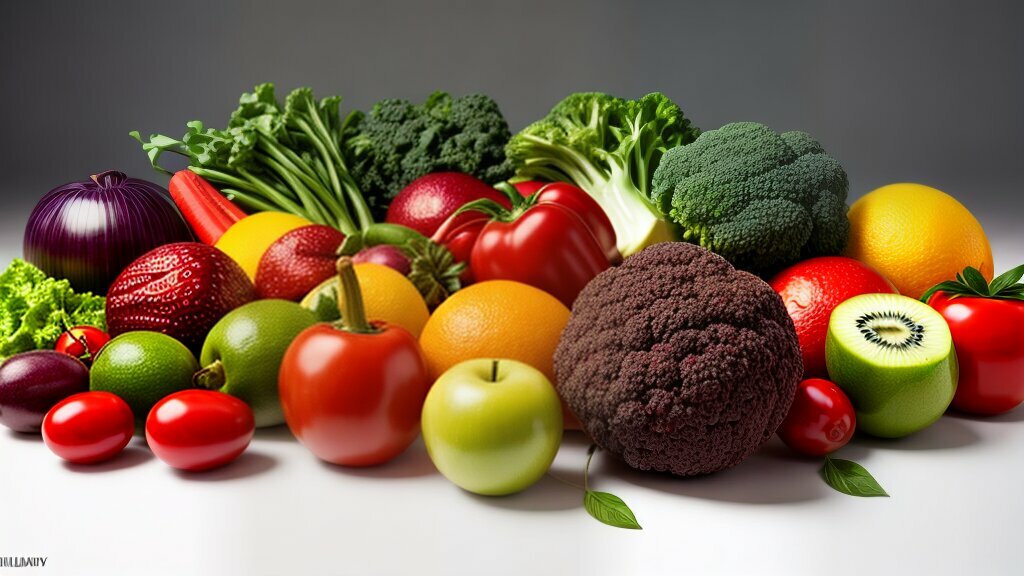
Expert Advice on Nutrient-Dense Eating
When it comes to achieving and maintaining a healthy diet, incorporating nutrient-dense meals is a key component. To help guide you on this journey, we’ve gathered expert advice from nutritionists and dietitians.
“Eating a variety of nutrient-dense foods provides your body with the building blocks it needs to function optimally. Incorporating whole foods in their natural state, such as fruits, vegetables, whole grains, and lean proteins, can help support your immune system, reduce inflammation, and improve cardiovascular health.” – Sarah Thompson, MS, RD, LDN
It’s important to note that while nutrient-dense meals offer a multitude of benefits, it can also come with challenges such as the time and effort required to prepare fresh, whole foods. However, there are ways to overcome these obstacles.
- Plan and prep your meals ahead of time. Use a meal delivery service, pre-cook meals on the weekends, or batch cook ingredients to make mealtime preparation more efficient.
- Get creative with your cooking. Experiment with new recipes and flavors to keep things interesting and enjoyable.
- Find support from peers with similar goals. Join a cooking club or healthy eating group to share ideas and stay accountable.
By incorporating nutrient-dense meals into your eating routine, you’ll not only reap the benefits of a healthy diet but also set yourself up for long-term wellness-focused eating habits.

Nutrient-Dense Meals in Australia’s Culinary Scene
When it comes to finding nutrient-dense meals in Australia, you’re in luck. Many restaurants, cafes, and food delivery services now offer healthy options that cater to a variety of dietary needs and preferences.
In Melbourne, you can visit Higher Ground for a nourishing brunch that includes dishes like roasted pumpkin with quinoa and avocado, or head to Transformer Fitzroy for plant-based options like wild mushrooms with kale and almond feta. In Sydney, you can try the nutrient-packed salads at Thr1ve or indulge in the healthy bowls at Fishbowl, featuring options like salmon sashimi and black rice.
If you’re looking for a food delivery service that specializes in nutrient-dense meals, you can check out Soulara. Their menu includes a variety of vitamin-packed dishes like miso mushroom rice, green curry tofu, and chia seed pudding.
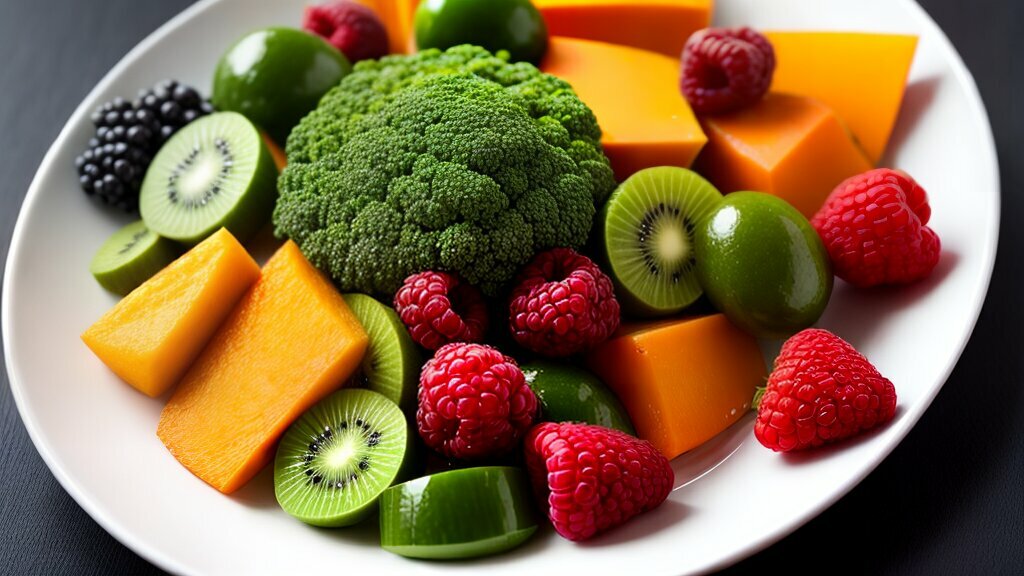
A nutrient-dense meal can be found in many Australian restaurants, cafes, and food delivery services.
Benefits of Incorporating Nutrient-Dense Meals
By embracing nutrient-dense meals, you are making a positive investment in your health and well-being. Consuming foods rich in essential nutrients and high-quality ingredients can have numerous benefits, including:
- Improved energy levels: Nutrient-dense meals provide sustained energy throughout the day, helping you avoid mid-day crashes and fatigue.
- Weight management: By consuming meals rich in essential nutrients, you may be more likely to maintain a healthy weight, as these foods provide sustained energy and satiety.
- Disease prevention: Nutrient-dense meals are packed with vitamins, minerals, and antioxidants that help prevent chronic diseases such as heart disease, diabetes, and cancer.
Furthermore, incorporating nutrient-dense meals into your diet can contribute to a healthier lifestyle and a more positive relationship with food. Rather than focusing on restrictive diets or harsh food rules, nutrient-dense meals prioritize wholesome, nourishing ingredients that provide essential nutrients and support your overall health.
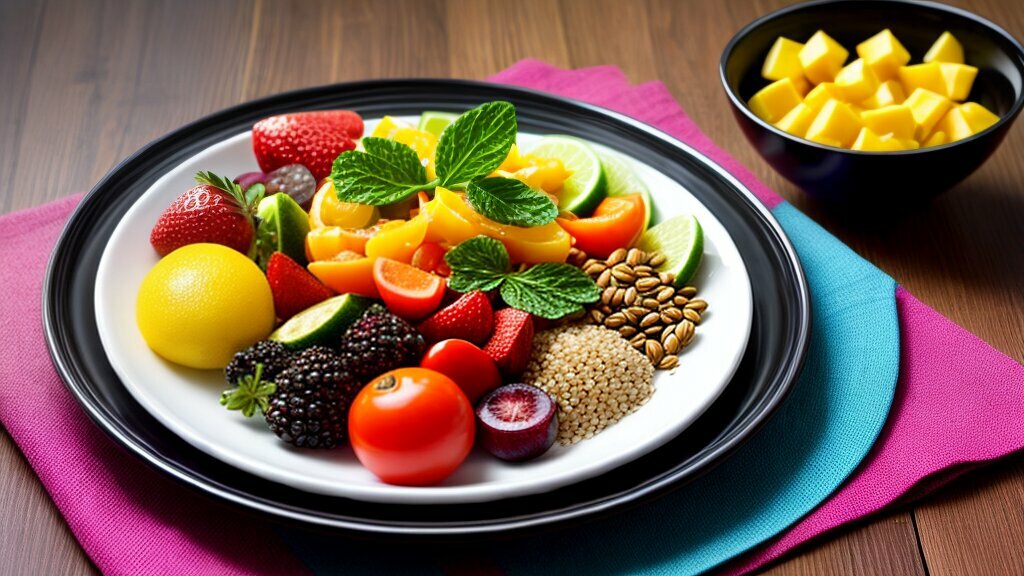
Incorporating nutrient-dense meals into your lifestyle may seem daunting at first, but with the right guidance and resources, it can become a simple and enjoyable habit. By prioritizing your health and well-being through nutrient-dense eating, you are investing in a happier and healthier future for yourself.
Conclusion
Congratulations! You’ve learned about the importance of nutrient-dense meals and their crucial role in achieving optimal health. By consuming high-quality ingredients and nourishing meals packed with vitamins and minerals, you are providing your body with essential nutrients and energy for a healthier you.
Incorporating nutrient-dense meals into your lifestyle is a long-term commitment to your well-being. By embracing clean eating principles and incorporating nutrient-dense ingredients into your everyday cooking, you can reap the benefits of a healthy diet and wellness-focused meals.
Remember, variety is key in a nutrient-dense diet, so explore a range of wholesome food options and try out different recipes, including those that align with traditional Australian dishes. Seek expert advice from nutritionists or dieticians to help you on your nutrient-dense eating journey.
Taking Action
Make the commitment today to incorporate more nutrient-dense meals into your diet. Set yourself up for success by planning your meals in advance and incorporating fresh, whole foods into your routine. Look for nutrient-dense meal options at restaurants, cafes, or food delivery services in your area.
Remember, nutrient-dense meals are a lifestyle choice that can have a positive impact on your overall well-being. Start small, make gradual changes, and enjoy the benefits that come with a healthier you!
FAQ
Q: What are nutrient-dense meals?
A: Nutrient-dense meals are meals that provide a high amount of essential nutrients, vitamins, and minerals while keeping calorie intake in check. These meals contain a variety of foods that are rich in nutrients, such as fruits, vegetables, whole grains, lean proteins, and healthy fats.
Q: Why are nutrient-dense meals important for maintaining a healthy diet?
A: Nutrient-dense meals are important for maintaining a healthy diet because they provide the necessary nutrients for optimal health and well-being. Consuming a diet rich in nutrients helps support proper bodily functions, boosts energy levels, aids in weight management, and reduces the risk of chronic diseases.
Q: How can I create nutrient-dense recipes?
A: To create nutrient-dense recipes, focus on incorporating whole, unprocessed foods into your meals. Choose high-quality ingredients that are rich in nutrients, such as fruits, vegetables, whole grains, lean proteins, and healthy fats. Additionally, consider incorporating nutrient-dense ingredients like nuts, seeds, and legumes into your cooking.
Q: What are some examples of nutrient-dense meals?
A: Examples of nutrient-dense meals include a spinach and feta omelet with whole wheat toast for breakfast, a quinoa and roasted vegetable salad for lunch, grilled salmon with steamed broccoli and brown rice for dinner, and a mixed berry smoothie with Greek yogurt for a satisfying snack.
Q: How can I incorporate nutrient-dense meals into my regular eating routine?
A: Incorporating nutrient-dense meals into your regular eating routine can be done by planning your meals in advance, including a variety of fruits and vegetables in each meal, opting for whole grains instead of refined grains, and balancing your plate with lean proteins and healthy fats. Start by making small changes and gradually increase the number of nutrient-dense meals in your diet.
Q: Are there restaurants or food delivery services in Australia that offer nutrient-dense meal options?
A: Yes, Australia’s culinary scene offers a range of options for those seeking nutrient-dense meals. Many restaurants, cafes, and food delivery services now prioritize offering healthy and balanced meals that align with the concept of nutrient-dense eating. These establishments often incorporate fresh, local ingredients to create wholesome and flavorful dishes.
Q: What are the benefits of incorporating nutrient-dense meals into my lifestyle?
A: Incorporating nutrient-dense meals into your lifestyle has numerous benefits. These meals provide essential nutrients, support optimal health, boost energy levels, aid in weight management, and contribute to disease prevention. Nutrient-dense eating can improve overall well-being and help you achieve your long-term health goals.
